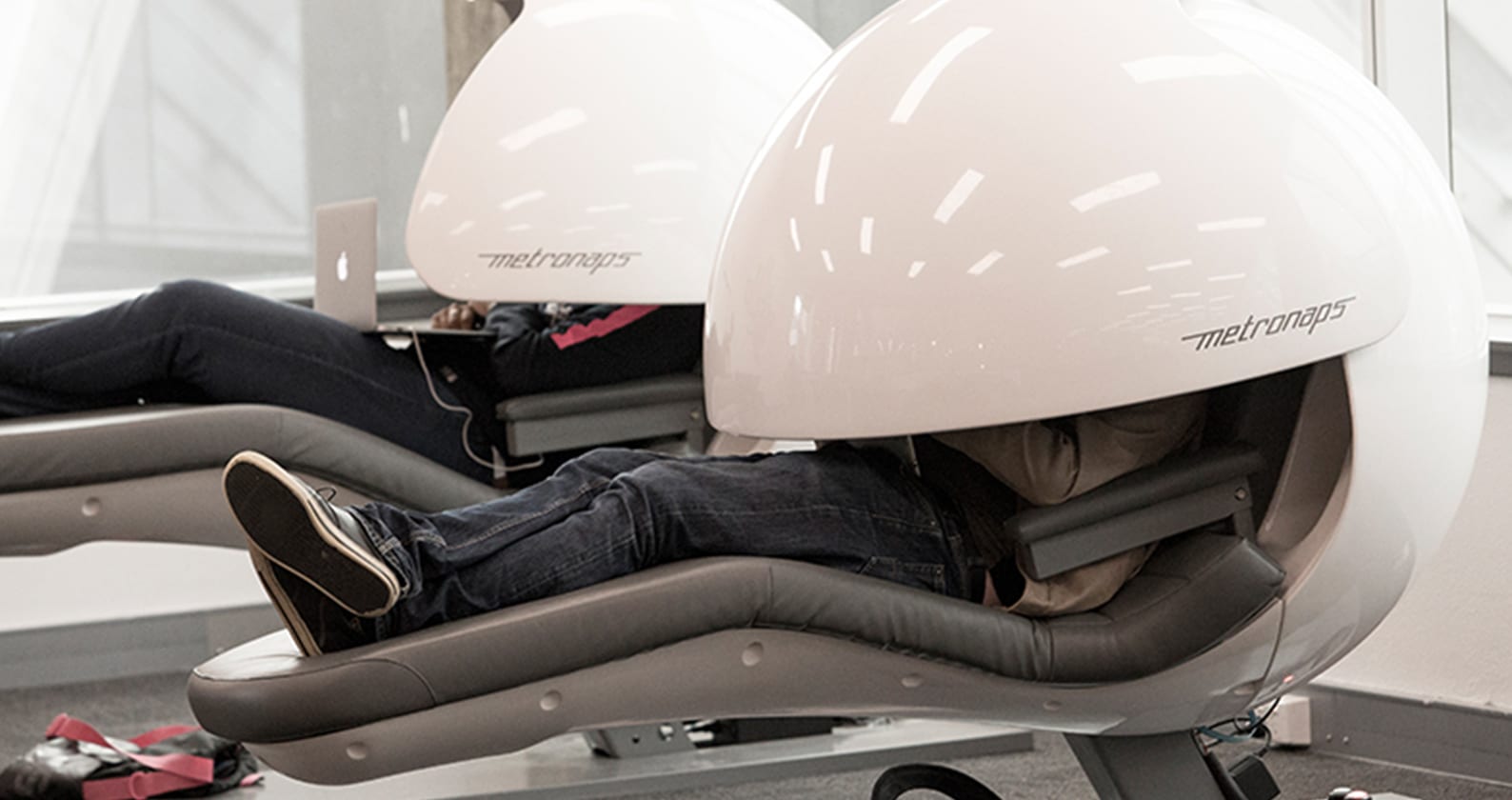The importance of a good sleeping regimen cannot be overstated, especially for university students. Getting the right amount of sleep helps keep our brains and bodies functioning properly and is just as important as having a healthy diet and exercise routine. If your sleeping schedule isn’t up to scratch, here are some helpful ways to get you back on track.
Don’t nap
When you’ve come home after a particularly heavy study session or a bad shift at work, the idea of taking a nap is tempting. Resist it! Napping can not only make you feel groggy after you wake up but also make it harder to get back to sleep, thus throwing off your sleeping schedule. If you absolutely must nap, limit yourself to 30 minutes.
Quit hitting the snooze button
Consistency is key when it comes to maintaining a healthy sleep schedule, so it’s important to set an alarm for the same time each day and actually get up when it goes off. After a while, your body will get used to waking up at a certain time and it won’t feel like such a chore.
Eat and exercise early
Eating a late dinner or hitting the gym in the evening can keep you awake, so it’s best to avoid doing either. Try to eat your last meal at least two hours before your bedtime and do your exercise in the morning if possible.
Use (and lose) the light
Your exposure to light actually has a big impact on your sleep. Light makes you feel awake, which is great in the morning but not so great at night. Try opening your blinds partially before you go to bed so that your room will be full of natural sunlight when you wake up. It’s also a good idea to limit screen time and turn off bright lights before you go to bed.
See a doctor
If you’re finding it really difficult to get to sleep or you’re feeling constantly fatigued, make sure you talk to a health professional – especially if it’s impacting your studies, work and everyday life. There are plenty of doctors at the medical centre at Curtin who you can speak to.
Written by mass communications student Kelsey Tang



